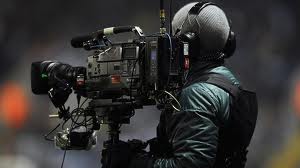By Andrew Warshaw
July 19 – In a blow to the revenue-boosting hopes of FIFA and UEFA but a huge boost for fans without access to pay-tv, the European Court of Justice has ruled countries can insist on the World Cup and European Championship continuing to be made available on free-to-air channels.
Euro court rules in favour of major championships on free TV

